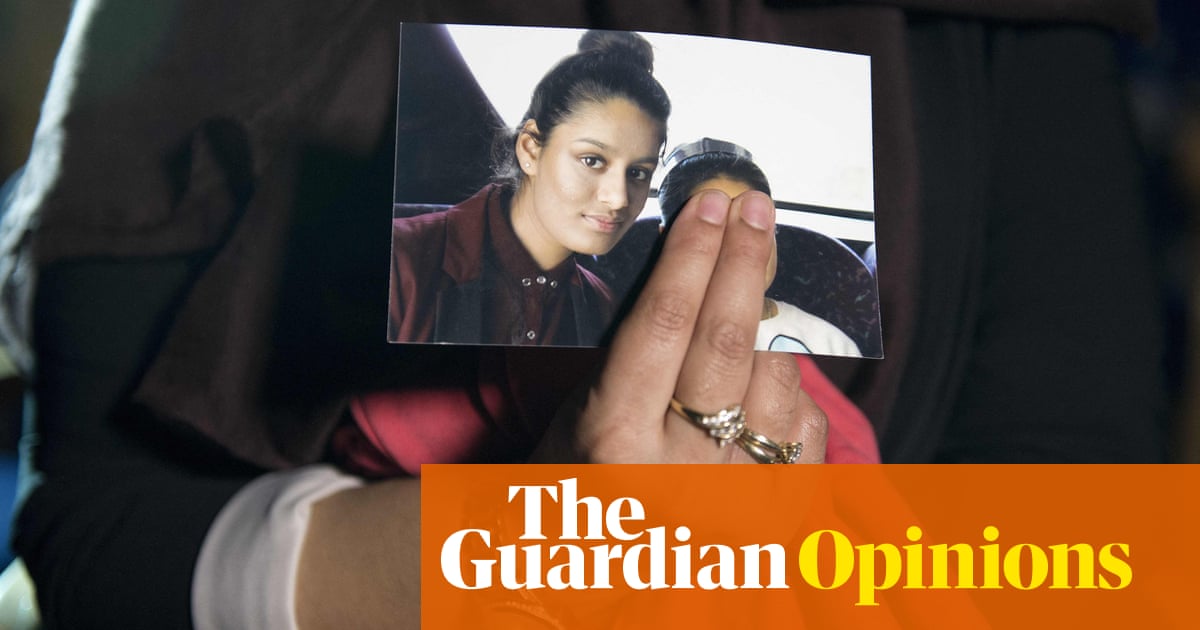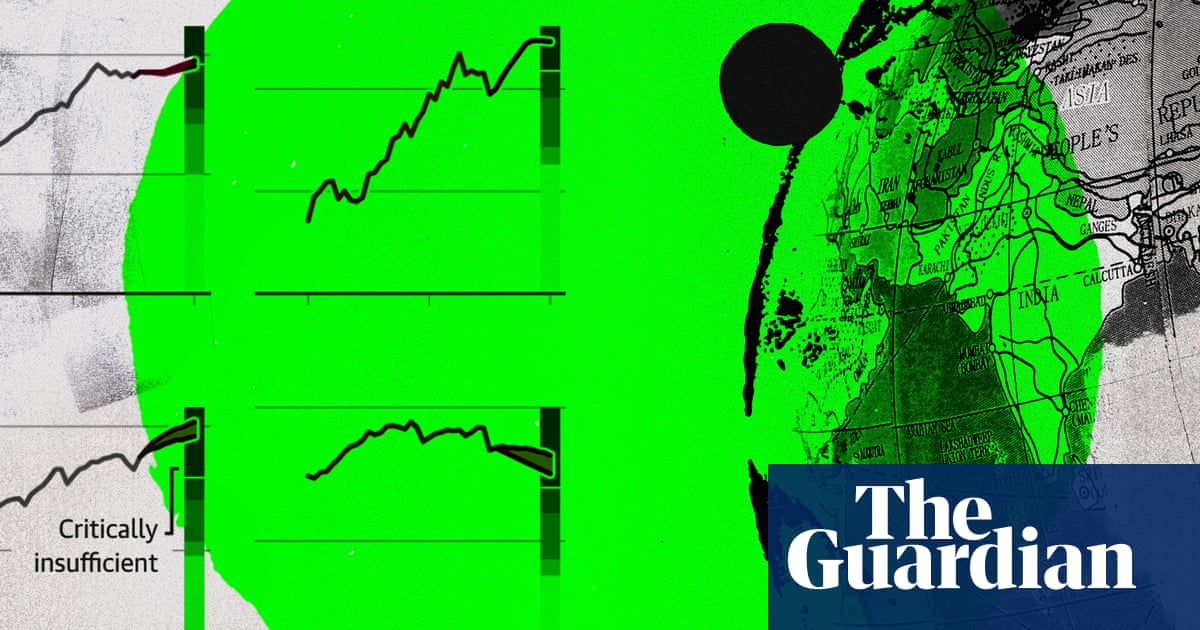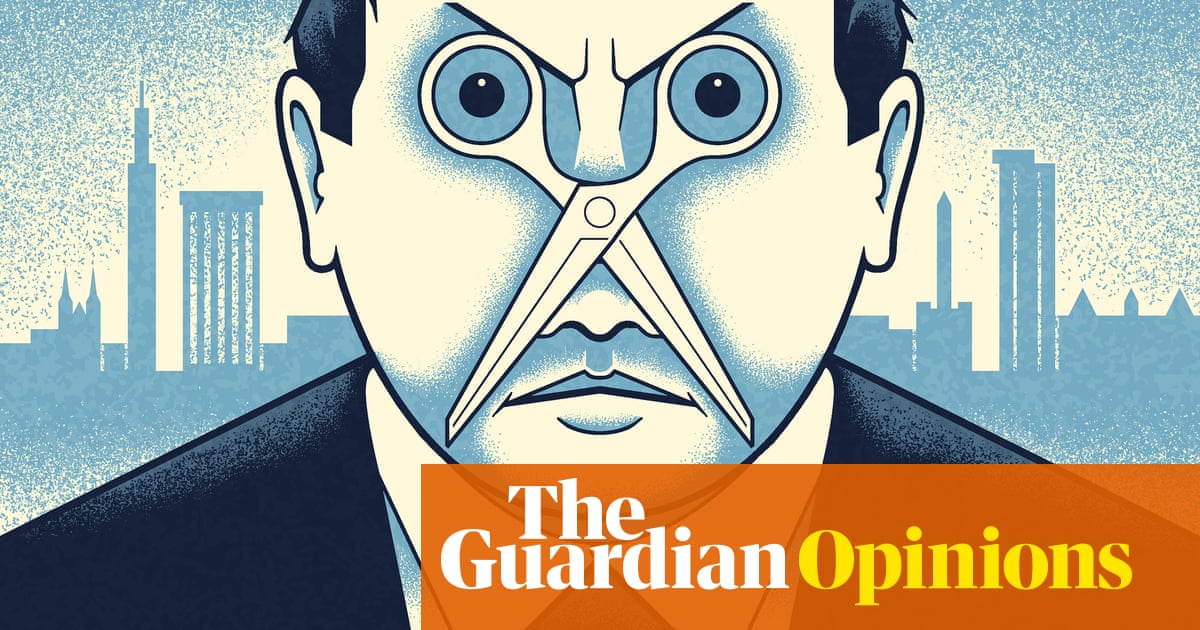
The already infamous footage of aides to Boris Johnson caught on camera in Downing Street laughing about how to handle news of an illicit Christmas party at No 10 is not at heart a Westminster story. It is much, much bigger than that. Yes, it will be recounted by lobby journalists and illustrated with clips from prime minister’s questions, but this episode dwarfs the usual tittle-tattle and tales of Peppa Pig. This one goes to the heart of how this country is run, because it is a story about fairness. About them and us. About who can’t see their mum on her deathbed on a Covid ward and who enjoys an evening of cheese and wine, fun games and a secret Santa. The society that kids itself about its sense of fair play is also the most unequal country in western Europe, and the depth charge of this story lies in its revelation of just how unequal our lives are.
It’s not a word you hear much from Westminster these days, inequality. For Keir Starmer’s team it possibly smacks too much of the Corbyn years, while Johnson prefers to trumpet about “levelling up”. Yet euphemisms and silences can’t cancel out its poisonous influence, and the pandemic that began with the government assuring us “we are all in this together” has been defined by inequality. Of long drives to Barnard Castle, while others are allowed only an hour’s walk. Of well-off managers on Zoom ordering their shopping to be delivered, even while carers are paid nothing when seriously ill. Some of these are tales of life or death, others of wealth or ruin, and each shows how inequality is inscribed into this country and our daily lives.
The day before that briefing-room video was broadcast, I visited the most unequal city in the country. Not the capital, nor Manchester or Aberdeen but, according to research from the Centre for Cities thinktank, Cambridge, a tiny city with a population only half the size of a single London borough. Long before this coronavirus arrived, locals experienced a rather different kind of social distancing – one where your postcode and just a few miles meant the difference between living till you’re 87 or more, or dying at 78. And where, in Christmas 2019, a homeless woman gave premature birth to twins while sleeping outside Cambridge’s wealthiest college, Trinity.
Since the Brexit vote, journalists have spent a lot of time touring the UK’s failures: those towns and cities that have struggled to get off the floor since their coalmines were closed or factories shut. But to visit Cambridge is to see something else entirely: how limited and partial post-industrial Britain’s successes are. There’s plenty of money washing about here, from the ancient colleges to the new WeWork complex just outside the train station and the Amazons and Apples setting up in the science parks springing up all around the city’s perimeter.
This is the stuff that gets government ministers donning their hi-vis jackets, speechifying about dynamic startups and dreaming up an arc that loops west and joins it on to Milton Keynes and Oxford. Johnson inherited that scheme from David Cameron, and his department for levelling up has got further with it than any white paper for the “red wall”. But if Cambridge is the future of the UK, as Westminster would have it, then it is one in which inequality is even more deeply marked into society. The Centre for Cities points out that the least well-off 20% of local people receive only 2% of the city’s income.
Drive 10 minutes out of Cambridge’s centre, past the tiny Victorian terrace houses that now sell for London prices, and you reach perhaps the most deprived ward in this city of riches: Abbey. The food hub operates on a Monday lunchtime, inside an old pre-school building that still has the pastel-coloured classroom walls. A queue starts forming an hour beforehand and the early rush is formidable.
Working his way through the oranges and bananas and bread was Granville Grahame, a skinny 55-year-old who used to run a barber’s right by the Grafton shopping centre until a messy divorce knocked him off course. He lost his business, then his home, and had spent the months before lockdown bedding down in a car park right by his old shop. “Without this place, I’d have nothing to eat,” he said, swaddled in an old parka. “I’d be lucky to get one meal a day.”
Next up was Kevin, a manual worker whose body was now breaking down. Both his shoulders had had to be operated on and he was leaning on a walking stick. Helping him with his bags while getting some stuff for herself was his daughter, Natalie. She works as a nursery nurse, until Christmas. Then she’s made redundant, and so far no one has called her in for an interview. Watching her was Nicky Shepard, head of the Abbey People charity that runs this hub, who said quietly that she noticed how many of the women coming for food worked in nurseries or as teaching assistants.
At desks next to her were a couple of staffers from the local office of Citizens Advice and Cambridge Water, fielding a steady stream of people worried about their heating bills or their benefits. In one small room you had an ad hoc welfare state, providing food and support where both public and private sector had retreated. The county and city council have seen their core funding from central government cut to nothing. Outside, staff pointed out, the last local post office had shut, most of the pubs had gone, and if you wanted to sit down and have a coffee your best bet was the giant McDonald’s on the other side of the roundabout.
It was just a couple of days after Rishi Sunak had leaked his plans to lower inheritance and income tax, but here they were dealing with the fallout from another of his cuts: the one in October that took £20 a week off universal credit. In the month since, the number of households reliant on the hub has jumped by more than 25%, while the number of fuel and supermarket vouchers given out has tripled.
There’s a new kind of anxiety, too, noted Rachel Karniely, manager of the food hub. “More visitors ask for further support … or even just for someone to talk to.” People she supports now ring her “crying down the phone, expressing suicidal thoughts, because they’re scared they’re going to become homeless because they can’t pay the bills”. Just down the road was the city centre, with its swanky shops and cultural festivals, but no one I spoke to at the hub went there. “I don’t have any business with them, and they don’t have any business with me,” shrugged Natalie. “I might take the kids at Christmas.”
It used to be said that the age-old divide was between town and gown, but over the past couple of years it has been overlaid by a newer form of inequality. A new, globalised Cambridge has been created, open to multinational firms that use their rootlessness to reduce their tax bills, and to investors from China and the Gulf states successfully lured in by executives at the university. That society has as much to do with Cambridge, Massachusetts, as the one in the Fens.
Businesses and senior university managers and ministers have traded Cambridge’s fame for a form of money and success enjoyed by only a select few, even while this has forced up property prices, jammed roads and put extra pressure on schools and Addenbrooke’s hospital. Even academics at the university, who last week joined the national strike action, have not seen much of its rewards.
One, a university lecturer called Edwin, told me how he had traded his Cambridge flat in the pandemic for a much cheaper place lent by a friend. But that meant that on the three or four nights a week he worked at the university, he spent the night in a sleeping bag in his office. No one else in his faculty knew his secret. Yet every week, he spent 60 hours on university business, supervising teenagers who had spent thousands of pounds for his teaching.
And this is deemed a success story, in contrast to all the UK’s economic debris. I left Cambridge with an uneasy feeling I couldn’t pin down until I saw the prime minister’s then spokeswoman (now casualty) laughing about a “business meeting”, and then it struck me: these are the same socioeconomic injuries and sadnesses I heard before the Brexit vote under yet another government that laughs at those who are suffering. And this is before inflation peaks. I would not bet against politics getting even more combustible.
Still, I hope they had a good party.
Aditya Chakrabortty is a Guardian columnist
Some names have been changed to protect the identities of people interviewed.












